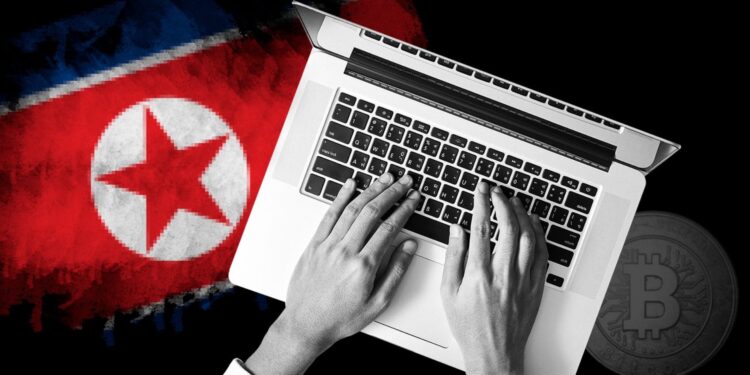In a landmark case of international cooperation against cybercrime, South Korea has extradited a Chinese national, identified as Jian Wang, to the United States. Wang is accused of orchestrating a series of sophisticated hacking operations that targeted companies and government agencies across the globe. This extradition marks a significant victory for international law enforcement and signals a growing commitment among nations to hold cybercriminals accountable, regardless of their geographical location.
The extradition, which was the result of a multi-year investigation involving intelligence agencies and law enforcement bodies from both countries, alleges that Wang was a key figure in a state-sponsored cyber espionage group. The group, known as “Titanium Tiger,” is suspected of a wide range of malicious activities, including intellectual property theft, corporate espionage, and the disruption of critical infrastructure. Prosecutors in the U.S. have charged Wang with conspiracy to commit wire fraud, computer intrusion, and identity theft.
According to a press release from the U.S. Department of Justice, the hacking campaigns were highly sophisticated, using custom-built malware to penetrate secure networks and exfiltrate sensitive data. The targets included a leading aerospace firm, a biotechnology company, and a government department responsible for defense research. The financial and strategic damage from these operations is estimated to be in the hundreds of millions of dollars. The indictment against Wang details how he allegedly used his position within a seemingly legitimate tech company to mask his malicious activities and evade detection.
The successful extradition is particularly notable given the complexities of prosecuting cybercrime across international borders. It highlights a concerted effort by countries to forge stronger legal frameworks and cooperative agreements to combat a threat that respects no boundaries. This case sets a powerful precedent that individuals involved in state-sponsored hacking will be pursued and brought to justice. It serves as a stern warning to other cybercriminals and a reassurance to businesses and governments that the global community is mobilizing to protect itself from these digital threats.
















